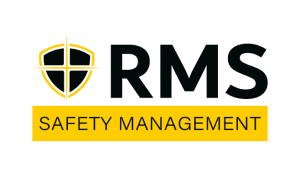It is undeniable that opioid abuse is a major problem in the United States. In fact, in 2017 the President declared the opioid overdose epidemic to be a public health emergency. With over 42,000 opioid overdose deaths in 2016, and provisional data showing that over 49,000 opioid overdose deaths in 2017, many employers are starting to carry Naloxone (NARCAN) as a precaution for possible overdoses.
Naloxone is a medication used to block the effects of opioids, especially in overdoses. It can temporarily stop some of the life-threatening effects of overdoses from opioids. It can also help restore breathing and reverse the sedation and unconsciousness that are common during an opioid overdose.
Recent studies show higher opioid overdose death rates among workers in industries and occupations with high rates of work-related injuries and illnesses. Rates also were higher in occupations with lower availability of paid sick leave and lower job security, suggesting that the need to return to work soon after an injury may contribute to high rates of opioid-related overdose death [MDPH 2018, CDC 2018c]. Lack of paid sick leave and lower job security may also make workers reluctant to take time off to seek treatment.
The Surgeon General of the United States is urging those who may encounter people at risk for opioid overdose to have Naloxone available and to learn how to use it to save lives. There are many things to take into consideration when deciding to develop a Program to make Naloxone available in the workplace in the event of an overdose. NIOSH has developed this fact sheet to help employers and workers understand the risk of opioid overdose and help them decide if they should establish a workplace Naloxone availability and use program. To read the Fact Sheet “Using Naloxone to Reverse Opioid Overdose in the Workplace: Information for Employers and Workers”, click here.
Please let us know if you would like a quote for Reasonable Suspicion training. We have developed an interactive training module for this topic and have recieved positive feedback from many of our clients!

